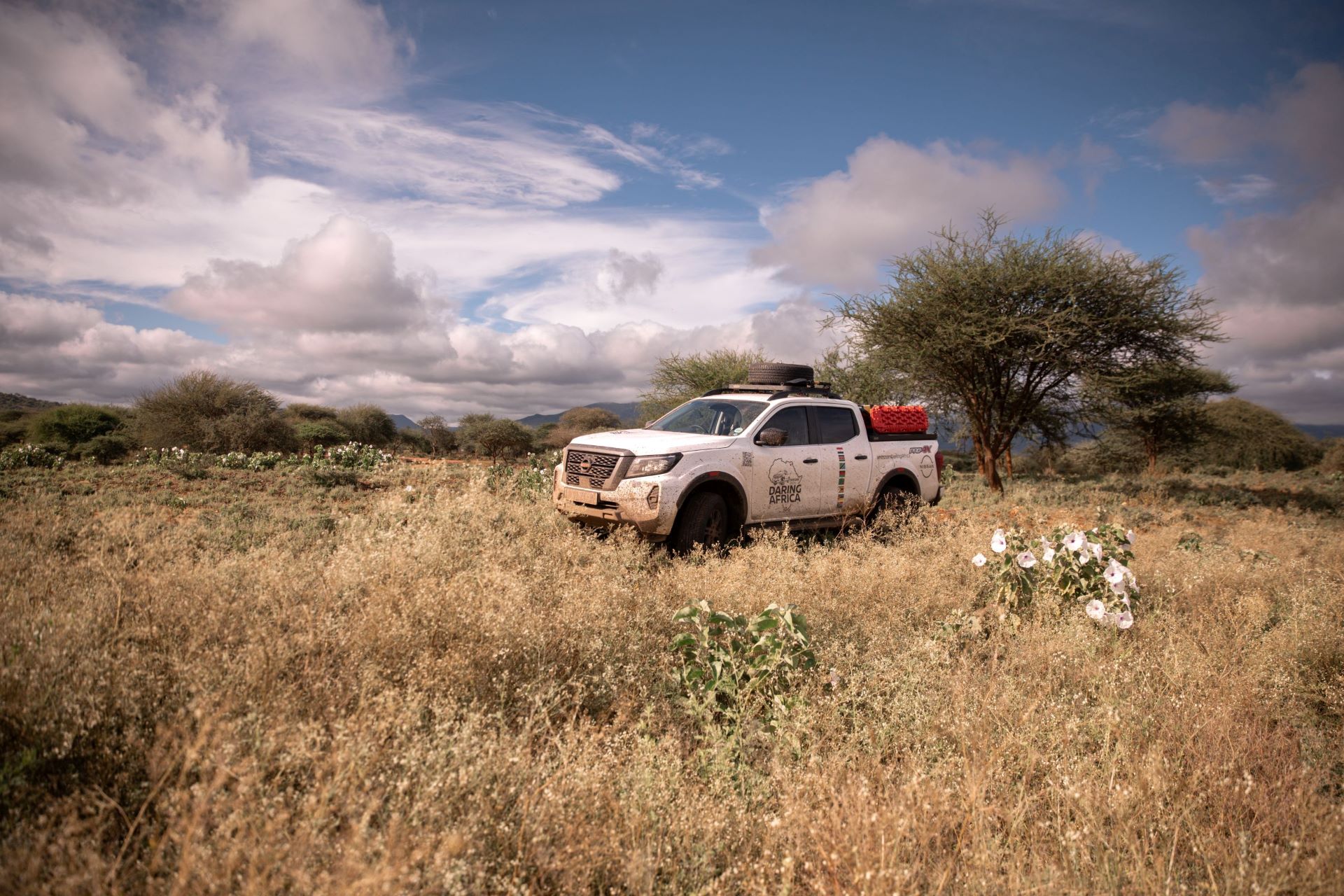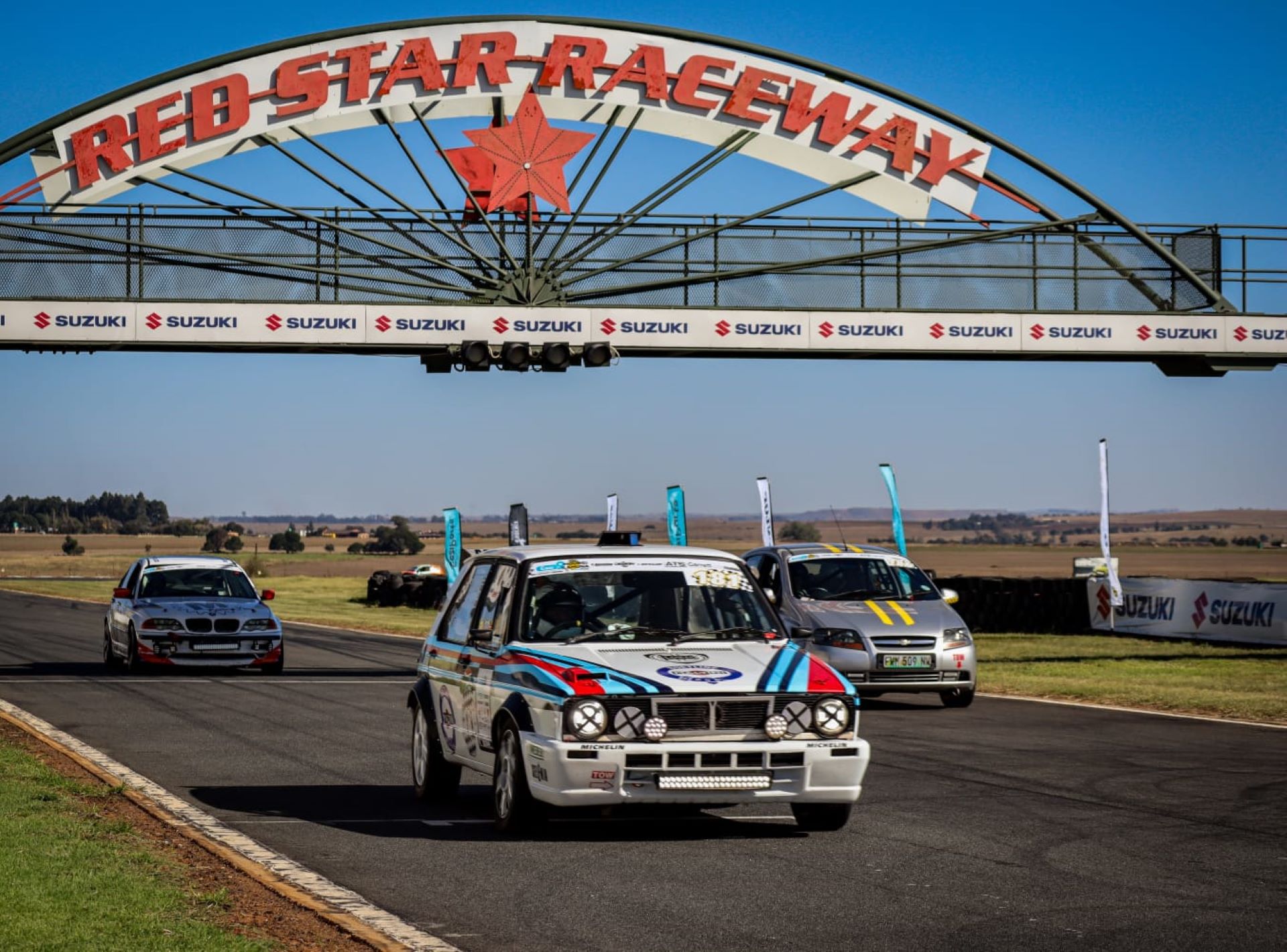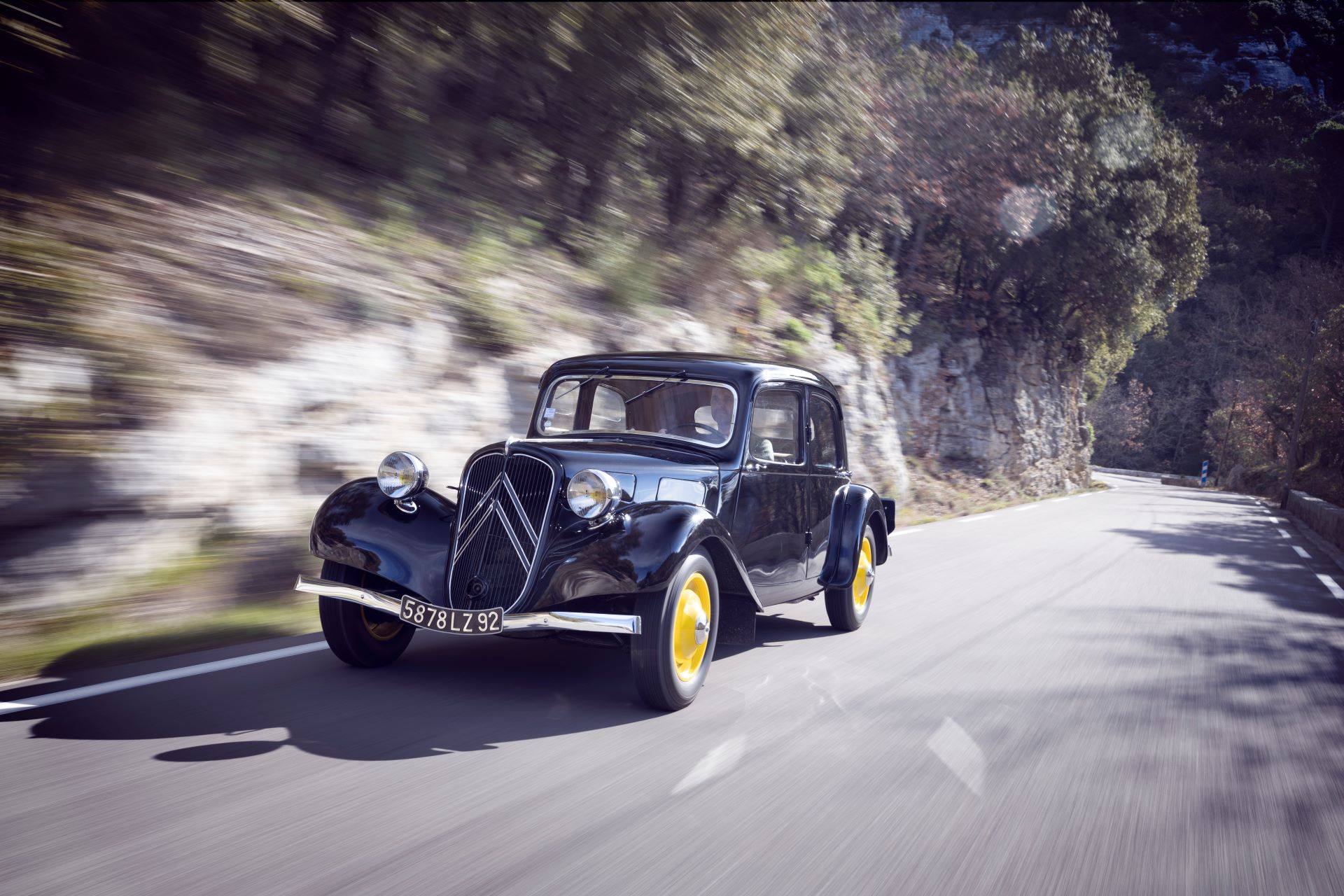Paolo Mastrogiuseppe has, for the past three years, been marketing his handcrafted dream creations in the form of the world’s most exotic racing engines functioning as espresso makers.
 au
au
Now the Bedfordview-based designer-engineer has launched his latest object of desire, which, like his half-scale F1 coffee machines, are conceived as functional artwork devices for “the man or woman who appreciates unique design and uncompromised quality.”
The Formula One engines produced in half-scale with espresso making capability have been sold to private collectors all over the world in what has been a remarkably successful exercise.
His new creation, the Aviatore Veloce has been launched in the form of a quarter-scale military jet engine, with exquisite craftsmanship and detailing, as well as great practicality for the tasks of making coffee, tea, or simply boiling water.
“The dream of Espresso Veloce and Aviatore Veloce were designed at the same time,” explains Mastrogiuseppe. “I started with a V12 Formula One Grand Prix engine and a prototype military jet engine.”
“My Aviatore Veloce jet model is an exact quarter scale recreation of a prototype that was never put into production during the cold war era. I began the project using authentic aerospace alloys in its total construction and prototype phase. In essence a real jet engine is designed to generate thrust. To create it in quarter scale and to function as a coffee and tea dispenser is challenging in terms of design and manufacture. Furthermore these units have been thoroughly tested in a laboratory before being marketed and sold ensuring that it complies with global health and electrical safety regulations.”
The sliding engine cowl or turbine shell is authentic as the original design. Just as one moves the shells apart to begin the tea or coffee process on the scale model, in real life these shells form the basis of the reverse thrusters on the full size engine. The engine-cowling splits in the middle once the plane has landed and braking effect is needed.
This type of reverse-thrust design is known as a cascade type reverse thruster; the casing splits and moves apart and all the accelerated air generated by the front-mounted turbines comes out the sides to create a reverse thrust, the opposite of when it is accelerating, so it acts as an amazing braking system.
“What makes these quarter-scale Aviatore Veloce units so special is that the turbine shells are metal spun from authentic alloys which are used for the fuselage skin on commercial jets. It’s very high end stuff and a nightmare to form,” enthuses Paolo
“One would assume that in starting such a project you might make a dummy using lower grade materials, but that was not feasible. “I started off working with the very expensive, authentic materials from the outset, because that’s the only way you can gauge the way metal spins, the way it performs in terms of spring back, elongation and forming, and the overall time it takes to machine the other components and assemble them to create the masterpiece.”
“It is the only way to accurately gauge whether the time-scale of manufacture is feasible.”
The outer shells are formed over a metal tool, a flat two millimetre alloy plate, laser-cut in a circular plan, pressed against the forming tool , and while the aluminium alloy spins with the metal tool it gets formed by high pressure and revolutions per minute applied to the spinning plate on to the forming tool. It’s a technique called, quite simply, metal spinning.
The machine is made up of 300 components utilising various disciplines of engineering practice and no commercial coffee-machine components are used, everything is specially made for the Aviatore Veloce.
“Aesthetically the handcrafted creations look amazing, mechanically these machines are bullet-proof. When I create something like this I have the customer in mind as these collectable masterpieces will stand the test of time and could be passed on from generation to generation, I offer the best of the best bar none!” exclaims Paolo
The bearings are linear bearings which come from Germany, while the ball bearings are sourced from Italy. The filter housing and bearing housings amongst many other machined components are made in South Africa & Switzerland. The motor and gearbox that drives the turbine blades on the jet has built-in slip clutches in its drive-line as a safety precaution stopping the turbine blades immediately as there is minimal torque on the spinning shaft. It runs at a low 38 rpm and will not damage any item that is inserted into the induction cowl.
The 28kg unit is mounted on a sub- frame made of high-end S/S 316 TI alloy and is also authentic in terms of the way the actual engine is mounted in an aircraft. In the coffee making mode this is not a capsule machine but uses coffee grinds or coffee bags which are placed in the filter housing. Or in the case of tea, tea-leaves or tea bags are used. Or it can dispense straight boiling water.
Mechanical artwork devices, tea & coffee dispensers for boardrooms, homes & offices created from authentic aerospace grade alloys.
“My true loves have always been high-performance cars and high performance jets, says Mastrogiuseppe. “The unit I chose for Aviatore Veloce is a military jet prototype aviation engine.”
Similarly, the automobile engines created to date represent true life units doing duty in supercars and Formula One cars. Paolo has produced a V12, a V10 and a V8 for his Espresso Veloce range of ESPRESSO makers which has achieved world-wide acclaim and sales to date.
The Aviatore Veloce sells for R165 000 to R270 000, while the Espresso Veloce engine coffee machines sells for between R85000 to R225 000 depending on the clients specifications and personalisation.
Pricing is not inexpensive as these functional masterpieces are handcrafted, bespoke and limited in numbers WORLD WIDE making them very desirable and collectable to clients who appreciate engineering excellence.


